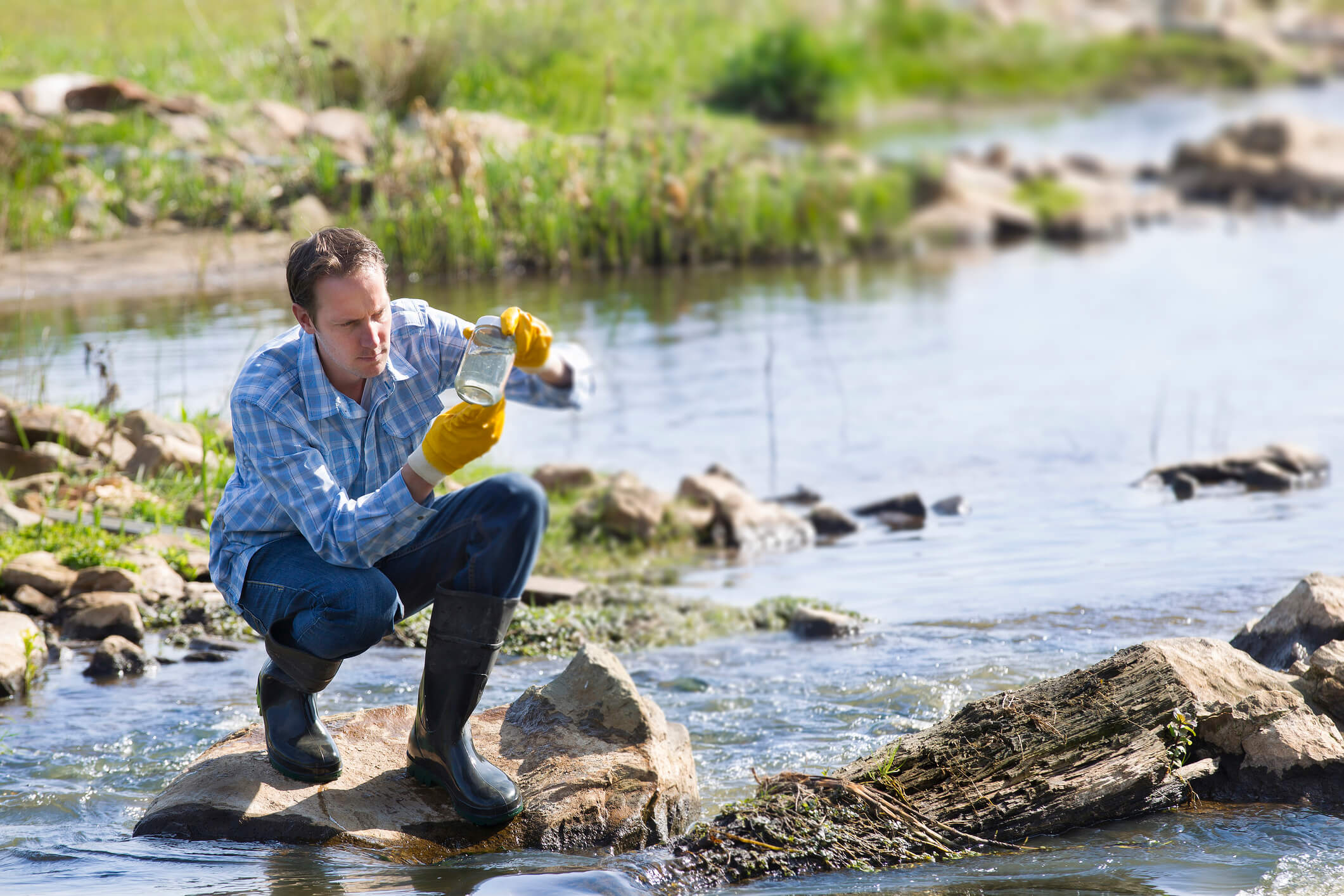Biological oceanography
Overall Course Objectives
Biological oceanography deals with the life in the oceans – the interactions between organisms and their physical and chemical environment. We will focus on the structure and function of marine food webs, and strive to understand how biological processes control the species interactions and their responses to environmental forcing, and how global patterns emerge from these individual interactions. The course offers a mechanistic understanding of the most important biological processes in aquatic systems and their dependency on the environment. We will present the different trophic levels and illustrate different scales of the marine environment, starting at the individual level, and advancing to population, community and global scales of the marine ecosystem. The theoretical knowledge will be compared to the observations on the development of spring bloom obtained by shore-based sampling, and used in an assignment to evaluate the environmental impact of hypothetical off-shore construction projects. The course will enable the students to appreciate cause-consequence relationships and assess the effects of environmental changes to marine ecosystems and the global ocean.
The course addresses UN Sustainable Development Goal 14 ‘Life below water’, particularly its targets to prevent and reduce marine pollution (14.1) and to sustainably manage and protect marine and coastal ecosystems (14.2).
Learning Objectives
- Explain the main factors influencing productivity and species interactions at different trophic levels of the marine ecosystem.
- Describe how individual interactions shape the population and ecosystem level processes and how environmental forcing and anthropogenic stressors influence marine systems at both ecosystem and global scales.
- Demonstrate by simple calculations some basic concepts of biological oceanography such as the dependency of phytoplankton cell size on nutrient concentrations or zooplankton ingestion rate on food concentration.
- Construct simple conceptual food-web and population models within marine environments and explain how they differ from trait-based approaches.
- Develop and conduct a seasonal sampling campaign to investigate the development of the phytoplankton spring bloom and interpret the results in connection to literature and model calculations.
- Analyse and present selected research within biological oceanography based on a recent research article.
- Apply the knowledge of ocean biology to assess the environmental sustainability of diverse off-shore or coastal construction projects.
- Present the results of an environmental impact assessment for a hypothetical project dealing with the marine environment orally and in writing.
Course Content
The course consists of five elements:
• Ecology of marine organisms, trophic interactions from bacteria and phytoplankton to marine mammals and global-scale processes including anthropogenic disturbances, presented through lectures, quizzes and guest lectures
• Calculation exercises to demonstrate and / or quantify selected processes in the marine environment
• Examples of different approaches to model biological interactions presented through lectures and exercises
• Hands-on experience on sampling and sample analysis of plankton
• Group work on a real-life application of biological oceanography to evaluate the effects of anthropogenic activities for marine ecosystems
The first part of the course is divided between the trophic levels: Phytoplankton, microbial loop, zooplankton, benthos, fish larvae and marine mammals, discussing the environmental forcing at different scales, interactions between functional groups and anthropogenic stressors. The second part of the course will focus on different modelling approaches, and on global scale processes such as the biological carbon pump and on the environmental challenges facing the changing oceans. A group work on the environmental impacts of off-shore projects and the seasonal sampling campaign will run throughout the course. The course includes lectures, exercises, quizzes, model practical, sampling and laboratory analysis and group work.
Recommended prerequisites
25301
Teaching Method
Lectures, exercises, group work.



